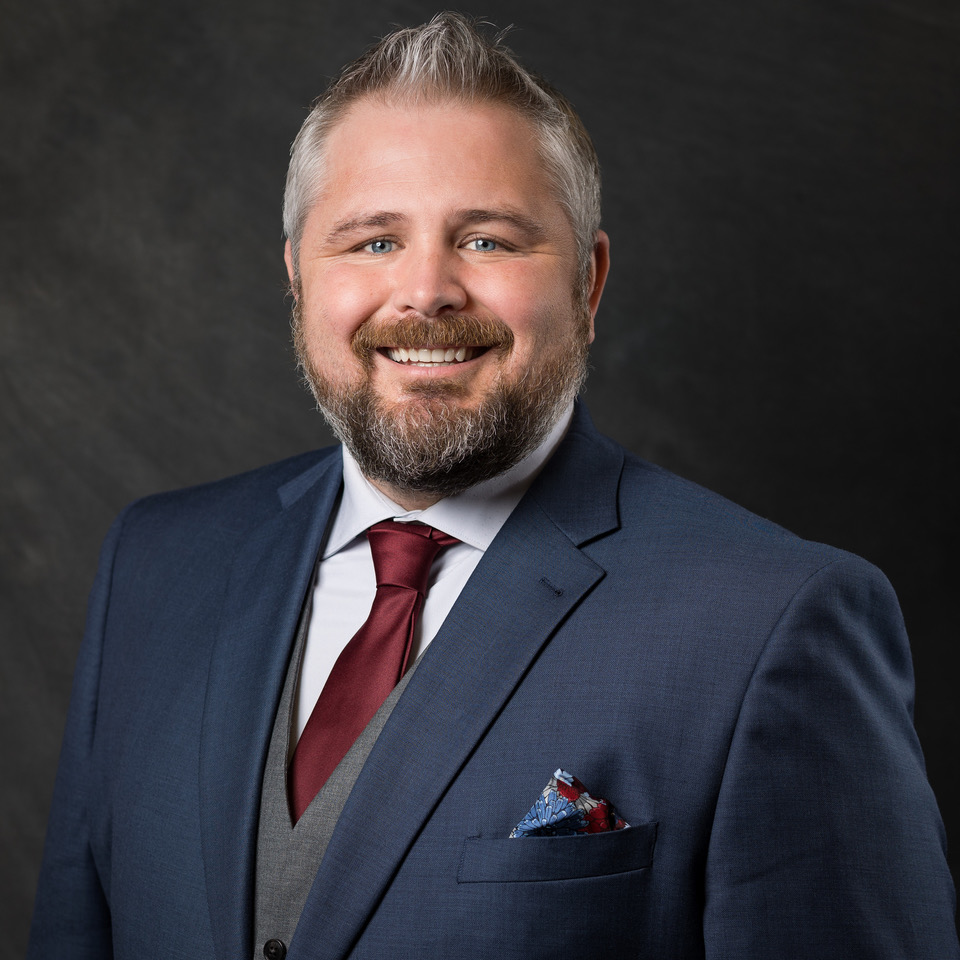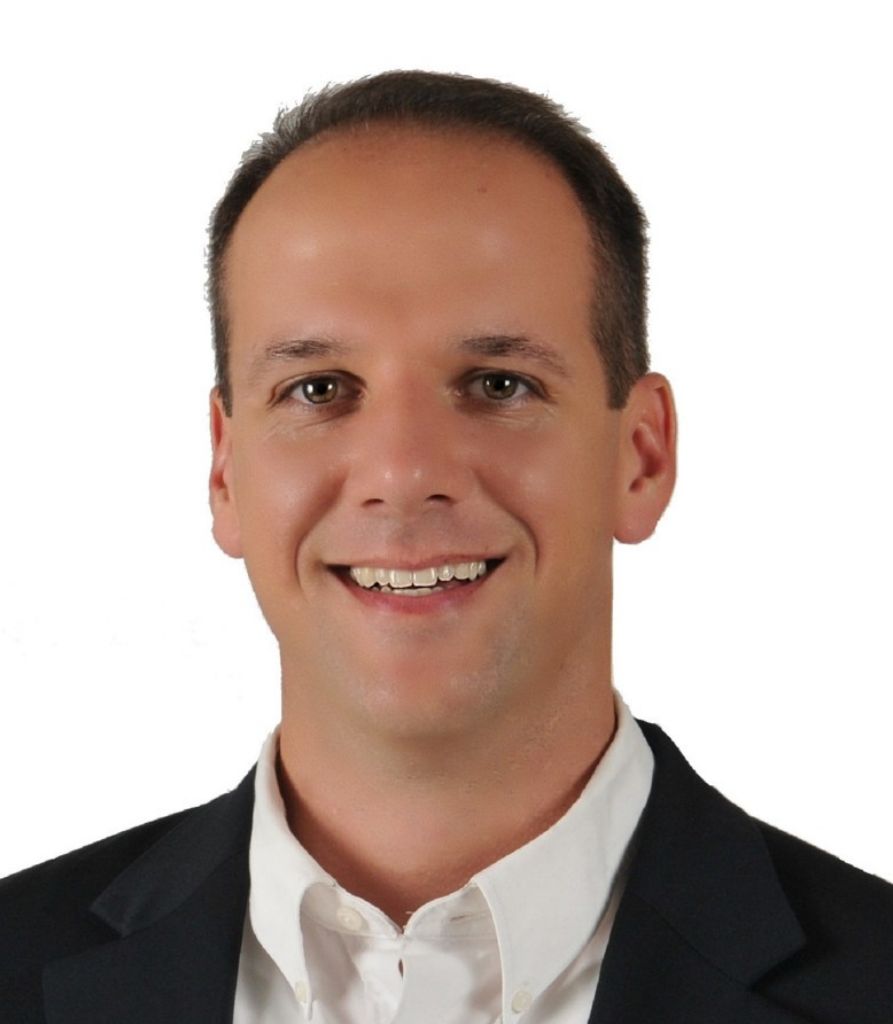By Mark Ziety, CFP®, AIF®, Financial Advisor, WisMed Financial
With uncertainties and change a constant, financial planning stands as a beacon of security and peace of mind. Today, we bring you a remarkable story that sheds light on how a dedicated physician and her family reaped the rewards of a well-structured financial plan, proving that even the busiest of physicians can find stability and fulfillment through proper financial planning.
Meet Sarah Thompson, MD (alias, of course), known for her compassionate care and unwavering commitment to her patients. Outside the exam room, however, Dr. Thompson faced the same financial challenges that many of us do – managing student loans, planning for retirement and ensuring her family’s future stability.
The Initial Challenge
Upon completing her medical education, Dr. Thompson was burdened with significant student loan debt. Balancing her medical practice while managing these loans was no easy feat. She often found herself conflicted between her passion for healing and the pressure of financial obligations. As her family grew, so did her responsibilities, making her realize the need for a comprehensive financial plan.
The Turning Point: Seeking Professional Guidance
Dr. Thompson decided to take a proactive step and sought the guidance of a Certified Financial Planner™ Professional. This move marked a turning point in her journey towards financial wellness. The financial planner analyzed her situation, considering her income, expenses, outstanding loans and future goals. They collaboratively created a customized plan that addressed her specific needs, aligning her financial strategy with her life aspirations.
The Plan in Action
- Debt Repayment Strategy: The financial planner helped Dr. Thompson switch to her ideal repayment plan for her student loans. She made consistent progress in reducing her debt without compromising her family’s daily needs.
- Investment and Retirement Planning: With a steady income and a solid debt repayment plan in place, Dr. Thompson could now focus on long-term financial security. The financial planner introduced her to a diversified investment portfolio and guided her through retirement planning, ensuring she could enjoy her retirement years without financial stress. “In my experience, those who save smaller amounts consistently tend to save more over time than those who try to save everything at once,” Mark Ziety, CFP, founder of WisMed Financial notes in this CBS News article.
- Family Protection: Recognizing the importance of safeguarding her family’s future, Dr. Thompson also secured:
- life insurance
- disability insurance
- estate documents
- college accounts
- an emergency fund
This provided a safety net in case of unforeseen circumstances and offered peace of mind to her and her loved ones.
- Tax Strategy: The largest lifetime expense for physicians is often taxes, and Dr. Thompson was no exception. Through yearly tax strategy, her deductions were maximized and taxable income shifted to save hundreds of thousands of dollars of lifetime tax.
The Outcome: A Life Transformed
As the years went by, Dr. Thompson’s commitment to her financial plan began to yield remarkable results. She saw her debt steadily decrease, her investments grow and her family thrive with the knowledge that their future was secure. This transformation didn’t just impact her financial health – it positively influenced her overall well-being. The reduction of financial stress allowed her to focus more on her patients, her family and even take time for her own personal growth and hobbies.
Key Takeaway
Dr. Thompson’s story is typical for physicians and underscores the incredible potential that a well-crafted financial plan holds. Regardless of your profession or life circumstances, careful financial planning can pave the way to stability, allowing you to navigate challenges with confidence and pursue your dreams without compromise.
For personalized help eliminating debt, investing smart and securing retirement, please contact Mark Ziety, CFP®, AIF® 608.442.3750.
Mark Ziety, CFP®, AIF®
WisMed Financial, Inc. part of the Wisconsin Medical Society
Note: This article is for informational purposes only and should not be considered as financial or tax advice. Please consult with a qualified financial advisor or tax professional before making any financial decisions. Full disclosures.







